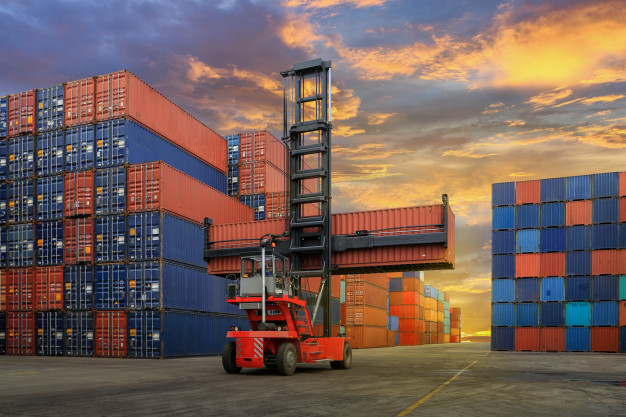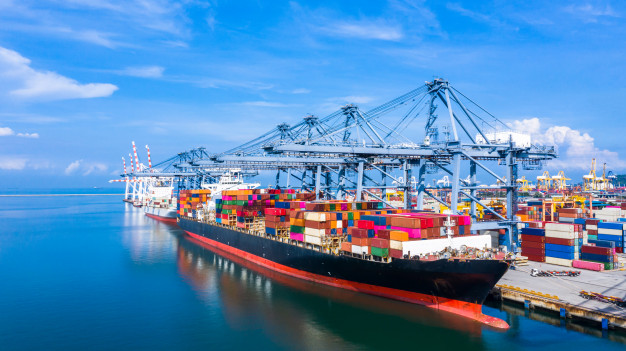Driven by a developing requirement for greater efficiency and increasing concerns about the environment, new technology is rapidly changing the logistics industry.
Clients are currently setting a lot greater levels of popularity on their accomplices because of digitalization and IT advancements in the logistics landscape.
Furthermore, in the event that you need to stay relevant in this profoundly serious market, you have to adjust rapidly.
Consistently connecting everyone in the supply chain using robust processes is not easy. It requires a refined digitalized foundation and an exhaustive comprehension of client needs.
These are challenging demands for any logistics supplier.
Backbone of Logistics Industry
In the complex world of shipping and logistics, efficient and accurate data communication is the backbone of the entire supply chain.
Having the option to effortlessly connect and transfer data between everyone involved is essential.

Technological improvements have encouraged the trade of information, however, there are as yet various obstacles left to survive.
Similarly, as various nationalities have language hindrances, various frameworks have cross-stage boundaries that require modern integration devices and an inside and out comprehension of the different frameworks and procedures.
Modern Digital Platform
Goods flow management involves a series of events handled by multiple parties.
The procedure, for the most part, incorporates various methods of transportation, cross-border passages, goods consolidation, and last-mile transportation.

This requires in-depth knowledge of a lot of underlying processes that are unique to the shipping and logistics industry, which takes years to master.
Basic procedures and tough schedules, upheld by a cutting edge computerized stage, are the way to having the option to give propelled logistics services.
Even by using the IT strategy, you can configure the system to meet diverse customer needs using a single common database.
This ensures transparent and efficient handling of shipment files around the globe. It is otherwise known as the one file approach.
It is also supported by a robust platform for the collection of information and data integration as well as modern tools for advanced analytics.
These investments enable us to securely communicate and manage relevant data throughout the entire supply chain management process.
Instantaneous global access for logistics data
On account of digitalization, we can offer significantly more modern administrations and integrated portal solutions.

Many industries are now able to access and interact with their logistics data instantaneously- no matter wherever they are in the world.
The degree of digital interaction throughout the supply chain is developing continuously, which helps to improve data quality and support customer demands in real-time.
Identifying Right Talent
Working with the right talent is very important. The demand for the right talent is also increasing in other industries.
The Shipping and logistics industry offers excellent opportunities for anyone wanting to be part of this major transformation.

It’s all about staying relevant in a highly competitive market. Efficient, sustainable logistics services is a highly interesting area right now.
The opportunities that digitalization is providing in the logistics industry paves way for many successful logisticians to outshine.

